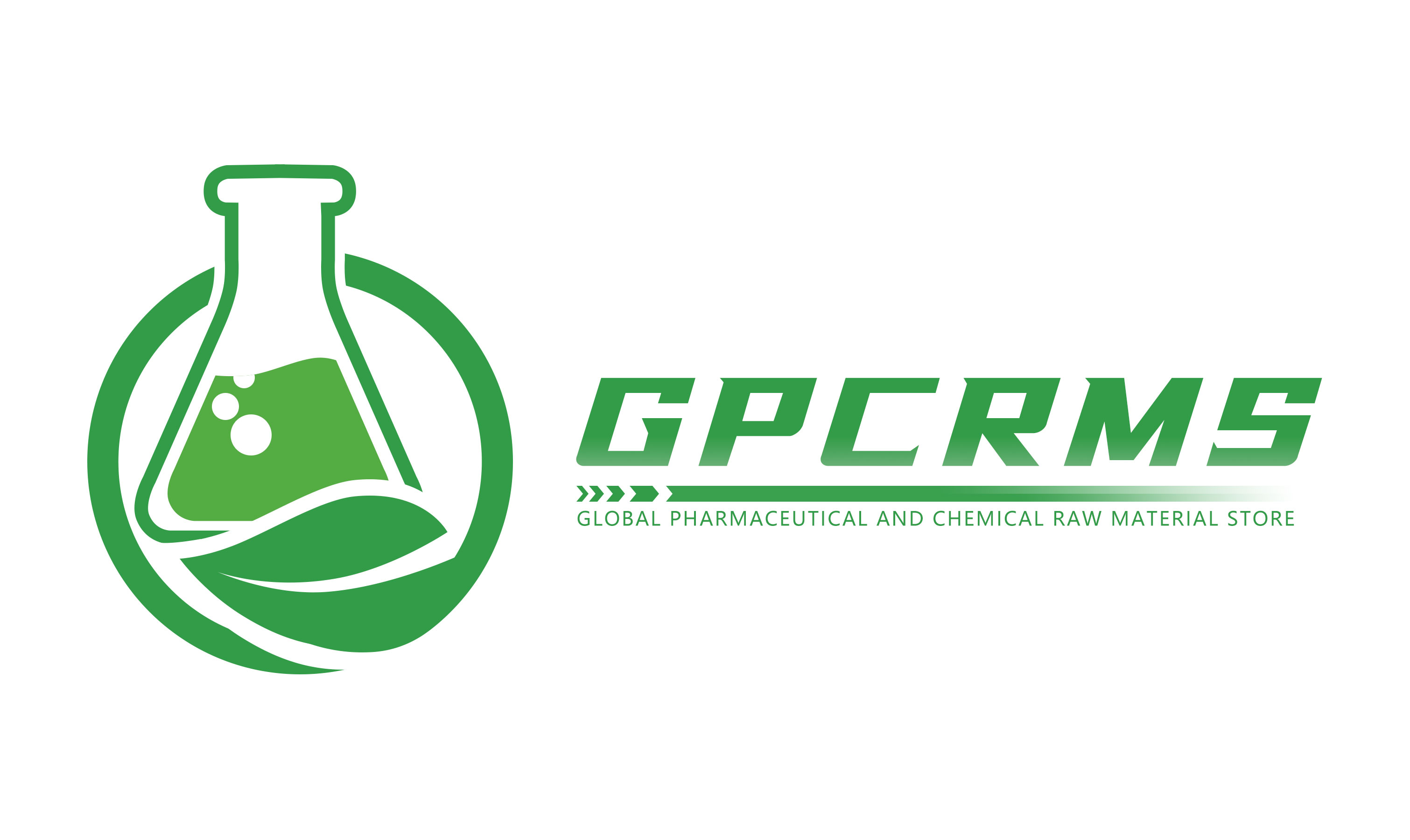PCT After RAD140 Use: The Best Plan to Restore Natural Testosterone Levels
RAD140 (Testolone) is a powerful selective androgen receptor modulator (SARM) favored by bodybuilding enthusiasts for its significant effects on muscle growth and fat reduction. Although RAD140 has steroid-like effects, it differs from traditional steroids by primarily targeting androgen receptors in the bones and muscles, with fewer side effects on the prostate, liver, and other organs. However, like all SARMs, RAD140 does impact the body's hormone balance, particularly suppressing testosterone levels. After using RAD140, it is crucial to perform effective post-cycle therapy (PCT) to help restore natural testosterone levels, prevent muscle loss, and promote overall health.
The Impact of RAD140 on Hormones
During RAD140 use, it binds to androgen receptors, activating protein synthesis and promoting muscle growth. Despite its significant effects, this activation can also suppress natural testosterone production in the body. After prolonged use of RAD140, endogenous testosterone levels may decrease, which is why PCT is so important after the cycle ends. The goal of PCT is to restore natural testosterone secretion, reduce side effects that may occur when stopping SARMs, and maintain muscle mass gained during the cycle.
RAD140 PCT Plan
The PCT plan may vary depending on the RAD140 dosage and cycle length. Typically, RAD140 is used at doses of 10-20 mg per day for 8-12 weeks. Here are common PCT drugs and their usage:
Clomid (Clomiphene)
Clomid is a commonly used drug to restore natural testosterone levels. It stimulates the pituitary to release luteinizing hormone (LH) and follicle-stimulating hormone (FSH), promoting testosterone production. For RAD140 PCT, Clomid is typically used at 25-50 mg per day for a 4-week cycle.
Recommended Dosage: Use 50 mg per day for the first two weeks, then reduce to 25 mg per day for the following two weeks. This dosage helps restore natural testosterone secretion.
Timing: Clomid is typically recommended to be taken in the morning to fully utilize its half-life.
Nolvadex (Tamoxifen)
Nolvadex is an anti-estrogen drug that blocks estrogen receptors, promoting the pituitary to release more LH and FSH, which activates testosterone synthesis. Nolvadex is another common PCT drug, especially for users who experienced estrogen-related side effects (such as bloating or breast swelling) during RAD140 use.
Recommended Dosage: It is generally recommended to take 20 mg per day during the first week of PCT, then gradually reduce to 10 mg per day for the following four weeks.
Timing: Nolvadex is typically taken in the evening to maximize its effect during sleep.
Enclomiphene
Enclomiphene is commonly used to restore natural testosterone levels, primarily by blocking estrogen receptors, stimulating the pituitary to release LH and FSH, and promoting testosterone production. For RAD140 PCT, the typical dosage of Enclomiphene is 12.5-25 mg per day for a 4-6 week cycle. If RAD140's suppression of testosterone is not significant, the dosage of Enclomiphene may be reduced in the PCT.
Recommended Dosage: Use 25 mg per day for the first two weeks, then reduce to 12.5 mg per day for the following two weeks. This dosage helps restore natural testosterone secretion.
Timing: Enclomiphene is usually recommended to be taken in the evening to minimize any stimulating effects of the drug.
This plan effectively promotes the recovery of testosterone levels, but hormone levels should be regularly monitored during the process to ensure the recovery is proceeding smoothly.
Supportive Supplements
In addition to Clomid, Enclomiphene, and Nolvadex, many fitness enthusiasts also use supportive supplements during PCT to help restore hormonal balance and prevent muscle loss. Common supportive supplements include:
Vitamin D3: Studies show that Vitamin D3 positively affects testosterone synthesis. Supplementing with adequate Vitamin D3 during PCT helps raise natural testosterone levels.
Zinc: Zinc is a key mineral for maintaining testosterone levels. Zinc deficiency can lead to reduced testosterone. Supplementing with zinc during PCT can support testosterone synthesis.
Tyrosine: Tyrosine helps alleviate stress, supports brain function, and may promote overall health by increasing dopamine levels.
Conclusion
While RAD140 is highly effective as a SARM, restoring natural testosterone levels after the cycle ends remains a key issue. By following an appropriate PCT plan, such as using Clomid, Enclomiphene, and Nolvadex, you can effectively restore hormonal balance, reduce side effects, and maintain the muscle mass gained during the cycle. Additionally, supplementing with Vitamin D3, zinc, and other supplements can further optimize the effectiveness of PCT and help the body restore normal hormonal balance quickly.
Since each individual's body is different, it is important to adjust dosages and cycles based on personal needs. If unsure about the best plan, it is advisable to seek professional medical advice to ensure the recovery process is safe and effective.
